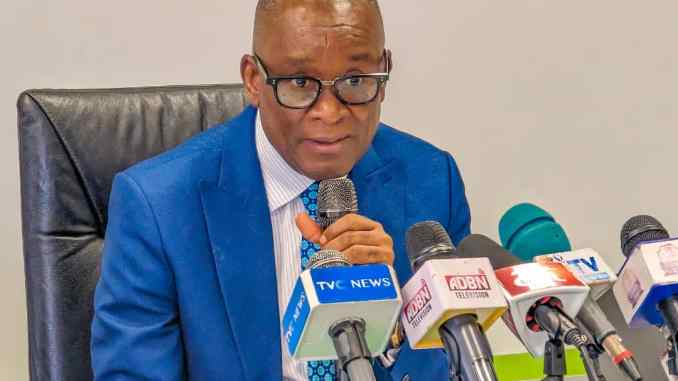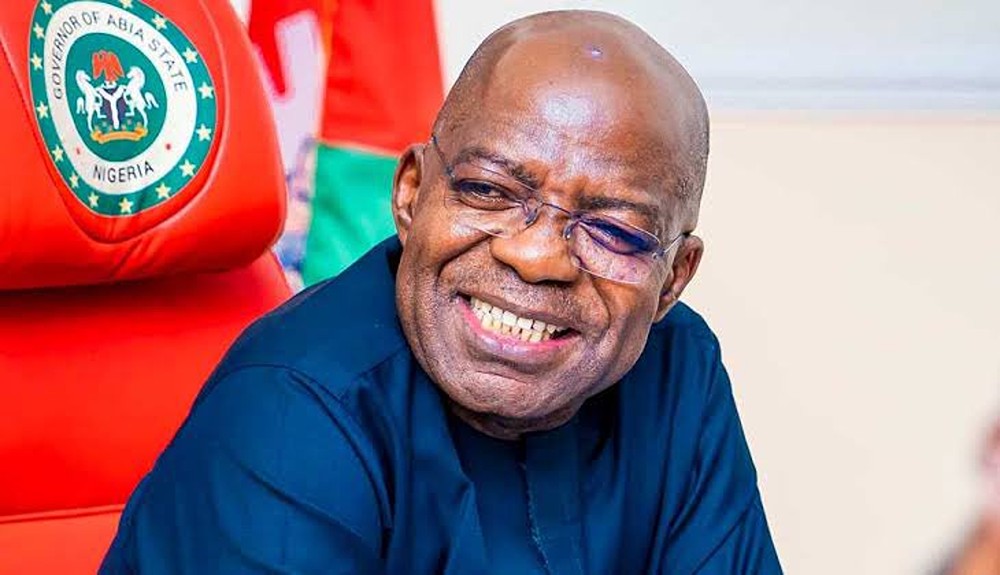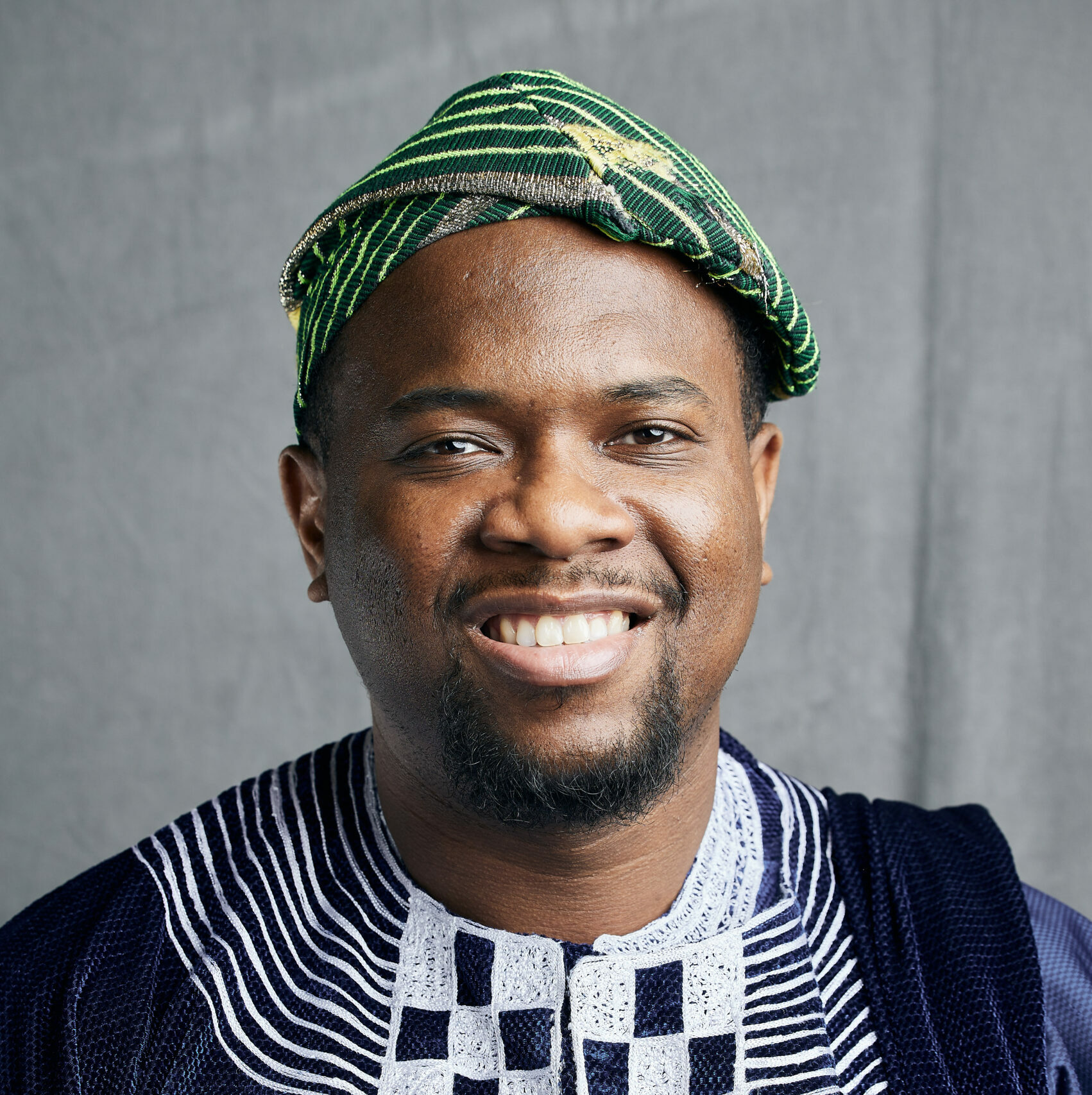Place your adverts here on InfoDig @ low rates; banner ads, sponsored links and guest articles etc. Contact us
The Nigerian government has unveiled plans to invest $2 billion in a project aimed at deploying 90,000 kilometres of fibre optic infrastructure across the country.
This initiative seeks to enhance Nigeria’s fibre optic cable capacity from 35,000 kilometres to 125,000 kilometres, thereby strengthening the terrestrial fibre optic backbone.
Minister of Communications, Innovation & Digital Economy, Bosun Tijani, made the announcement on Monday in Kano during a tour of the vandalized Digital Innovation Park. This park was damaged by angry youths during nationwide protests in August.
Tijani emphasized that the investment will foster meaningful connectivity for communities, ensuring that schools, hospitals, government institutions, and businesses thrive in a digitally connected environment. He noted that the initiative will also accelerate growth in critical sectors such as education, health, and agriculture.
“To support this vision, the Ministry of Communications, Innovation, and Digital Economy is committed to enhancing Nigeria’s digital backbone. Through the National Broadband Alliance and collaboration with the Kano State Government, we are streamlining the process for private infrastructure companies to invest in Kano’s digital economy. This partnership will facilitate further investments in connectivity, ensuring that essential institutions like schools, hospitals, and public offices are connected, positioning Kano as a true digital hub,” he stated.
Also Read: Nigeria seeks $3 Billion investment to expand fibre connectivity
The minister highlighted the importance of technology in unlocking productivity and diversifying Nigeria’s economy. He pointed out that while many countries face declining populations, Africa—particularly Nigeria—has the opportunity to cultivate a dynamic workforce.
“This is our moment to become a net exporter of technology talent while simultaneously strengthening our local industries,” he added.
Tijani also discussed the Three Million Technical Talent (3MTT) program, a federal initiative aimed at equipping three million Nigerians with digital and technical skills. This program addresses the growing shortage of skilled digital professionals, including software developers, data scientists, and cybersecurity experts, who will drive innovation and growth. He noted that Nigeria’s youthful population is well-positioned to fill this gap, with over 300 young individuals from Kano currently participating in the program, representing the highest number of participants.
“These young people symbolize the future, not just for Nigeria, but for the global digital workforce,” he remarked.
Regarding the vandalized facility, the minister announced that IHS Towers would support its refurbishment. He commended IHS for its commitment to rebuilding the park, describing it as a symbol of Kano and Nigeria’s aspirations to be leaders in the global digital economy.
Earlier, Tajudeen Othman, the Kano Commissioner for Science and Technology, praised the federal government and IHS for their support. Othman reiterated the state government’s commitment to investing in science and technology.
Kazeem Oladepo, Senior Vice-President and Chief Operating Officer of IHS Towers, assured that work on equipping the park would commence soon.














 English (US) ·
English (US) ·